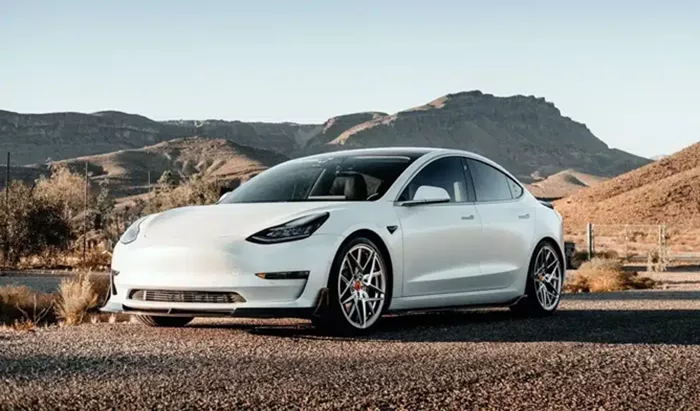The Chinese technology giant recently unveiled a new patent for a sulfide-based solid-state battery, which could allow electric vehicles (EVs) to travel up to 2,000 miles on a single charge. Even more striking is the battery’s potential to fully recharge in just five minutes.
If successful, this innovation could redefine the EV market, where companies are constantly pushing to improve battery life and charging speeds. Huawei’s battery is said to have an energy density between 400 and 500Wh/kg, which is two to three times greater than that of traditional lithium-ion batteries, according to CarNewsChina.
As EV sales continue to rise, so does the demand for better battery technology. Global leaders like Tesla and BYD are already dominating the EV space, but Huawei’s latest move shows it’s keen to join the race.
While Huawei is a major name entering the scene, other Chinese companies like BYD and Xiaomi are also actively investing in solid-state battery research. These batteries are seen as the next major leap in EV performance, although their development is expensive. In fact, the battery alone can account for over half of an electric car’s total production cost.
Other countries are not standing still. Major players from Japan and South Korea, such as Toyota, Panasonic, and Samsung, have been researching solid-state batteries for years. Now, China is catching up fast. Public records show Chinese companies have filed more than 7,600 patents related to solid-state batteries—accounting for over 36% of global activity in this area.
Despite the promise of Huawei’s battery, experts urge caution. They point out that the ultra-fast charging claims are still theoretical, and the necessary charging infrastructure does not yet exist.
Still, the announcement has renewed global interest in battery innovation. It’s clear that the future of electric mobility will be shaped not just by carmakers but also by the tech firms developing the power sources behind them.


